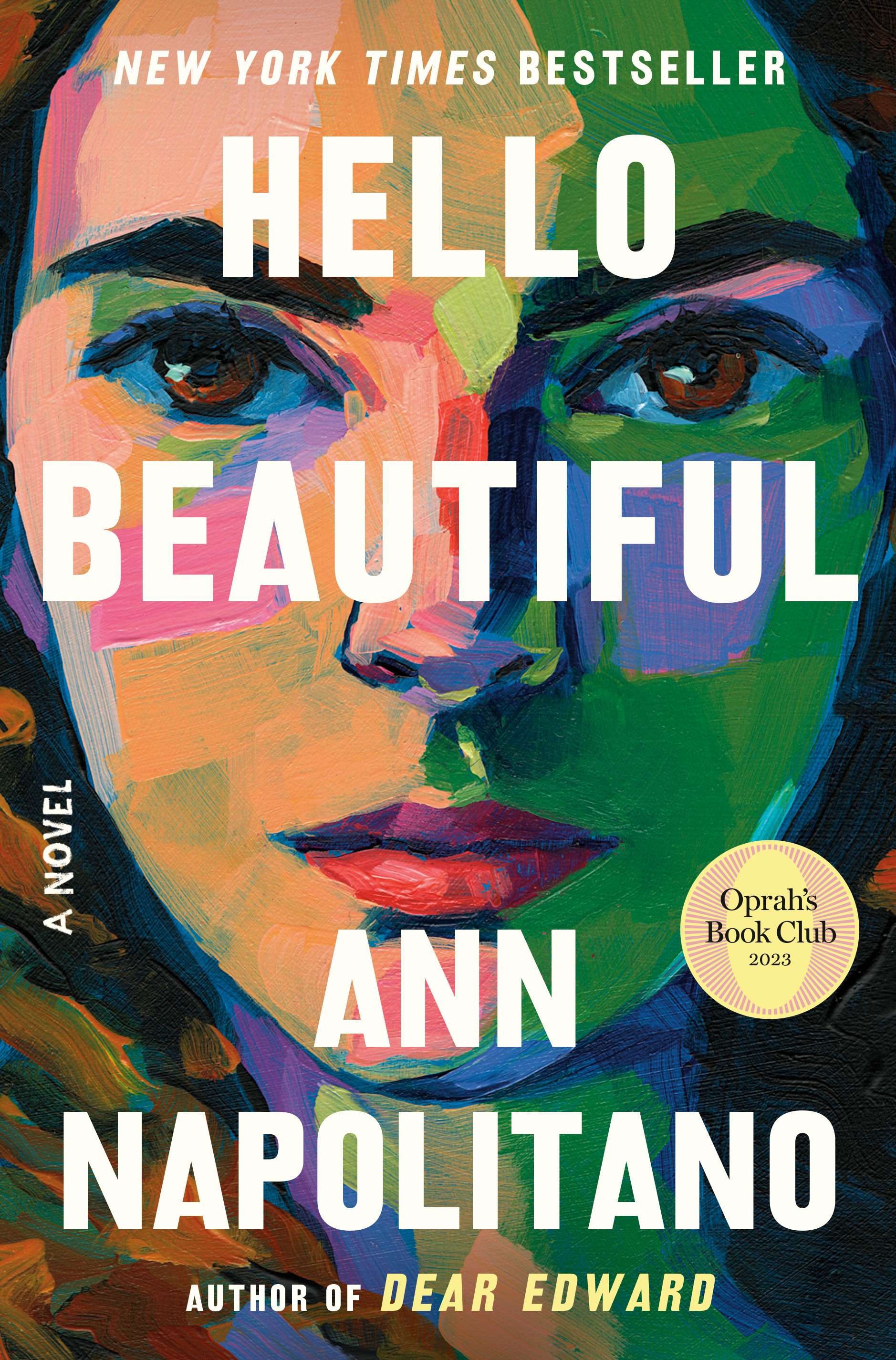
Everything Here Is Beautiful
Book Description
Two sisters, bound by love yet torn apart by mental illness, navigate the jagged edge of hope and heartache in a world that can be both beautiful and brutally unforgiving. As one seeks freedom and the other strives for safety, their lives spiral into a poignant struggle that tests their loyalty, resilience, and understanding. Amidst the backdrop of vibrant cities and intimate moments, secrets unravel and dreams clash, challenging the very essence of what it means to care for someone on a fragile journey. Can love endure when the line between sanity and chaos blurs, or will their connection shatter under the weight of reality?
Quick Book Summary
"Everything Here Is Beautiful" by Mira T. Lee is a poignant contemporary novel that explores the complexities of sisterhood, mental illness, and immigrant experience. The story follows Lucia and Miranda, two Chinese-American sisters whose close bond is tested when Lucia begins to exhibit symptoms of schizophrenia. Miranda, ever the protector, grapples with how best to help her beloved yet unpredictable sister, navigating the healthcare system while honoring Lucia's autonomy. Through shifting perspectives and evocative prose, the narrative delves into the turmoil of mental illness, the guilt and hope tangled in caretaking, and the challenges immigrants face in finding belonging. Lee crafts an emotional landscape where love is both shelter and burden, ultimately questioning how far one can go to save someone else without losing oneself.
Summary of Key Ideas
Table of Contents
The Complexity of Sisterhood and Family Bonds
The novel centers on sisters Miranda and Lucia, Chinese-Americans raised by their immigrant mother. From a young age, Miranda assumes the caretaker role, while Lucia is vivacious, artistic, and free-spirited. Their close relationship is upended when Lucia starts to show signs of schizophrenia in her twenties. Despite her best efforts, Miranda struggles to balance guiding Lucia to safety with respecting her independence—a conflict that poses difficult, emotionally charged choices for both women.
Living with and Loving Through Mental Illness
Lucia's journey is marked by her attempts to find stability and happiness: she marries, moves from New York to a small town, and later to Ecuador. Each step is shadowed by her mental health struggles, which strain her relationships with partners and eventually with her own daughter. The novel skillfully portrays the uncertainty and isolation Lucia experiences—her moments of clarity and creativity contrasted starkly with periods of mania, paranoia, and confusion. These sequences bring raw authenticity to the depiction of living with mental illness.
The Immigrant Experience and Cultural Identity
For Miranda, caretaking for Lucia is both an act of love and a source of guilt. Navigating cultural misunderstandings and the limitations of the American mental healthcare system, Miranda is forced to confront her own life’s desires. She oscillates between wanting to save Lucia and resenting the sacrifices required, all while reckoning with the impossibility of controlling another's destiny. The novel emphasizes the emotional toll caretaking takes and the fine line between supporting and enabling.
Autonomy, Caretaking, and Personal Boundaries
Set against backdrops as varied as New York City, rural Minnesota, and Ecuador, the novel explores the immigrant experience. Both sisters negotiate their identities as Chinese-Americans—torn between honoring their late mother's traditions and forging their own paths. These cultural tensions are reflected in their approaches to love, work, and family, heightening the sense of displacement and longing in their lives.
Resilience, Hope, and the Fragility of Dreams
Ultimately, "Everything Here Is Beautiful" is a meditation on resilience, forgiveness, and the limits of love. As secrets unravel and new lives begin, the sisters—separately and together—confront the stark realities of mental illness, familial duty, and personal aspiration. Lee leaves readers with an enduring, bittersweet message: sometimes, love means letting go, and beauty can be found even in life’s broken places.
Download This Summary
Get a free PDF of this summary instantly — no email required.





